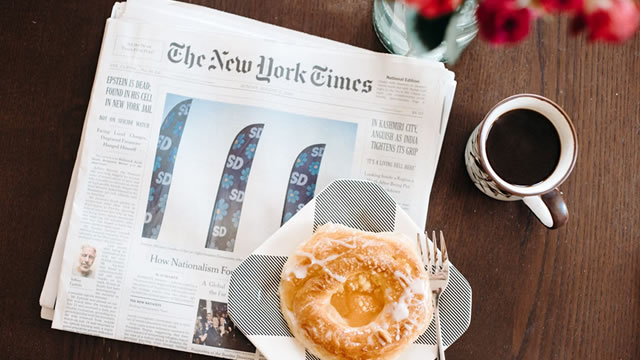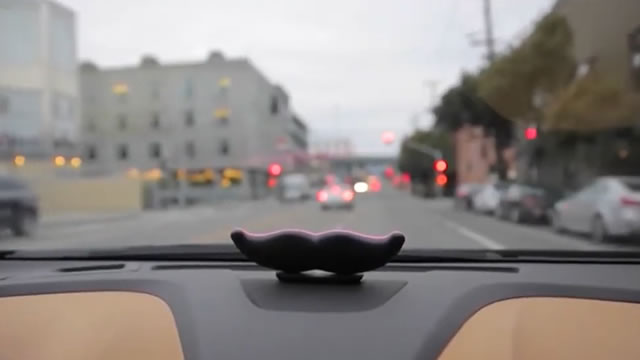The Great AI Copyright Showdown: A Federal Judge Says “Show Me the Money” to OpenAI
In a twist that’s as unexpected as a plot twist in your favorite sci-fi movie, a federal judge has denied OpenAI’s motion to dismiss a copyright infringement lawsuit filed against them by none other than The New York Times. This case, which has been closely watched by tech enthusiasts and legal eagles alike, is about to take a turn that will test the boundaries of what AI firms can use and how they can train their large language models.
The Backstory
Let’s rewind a bit. The New York Times claimed that OpenAI, the creators of the popular language model ChatGPT, had used parts of the newspaper’s articles without permission to train their model. OpenAI, on the other hand, argued that they had used publicly available data and that they hadn’t directly copied any copyrighted material. But the judge wasn’t having it.
The Decision
The judge ruled that there was enough evidence to suggest that OpenAI had indeed used copyrighted material without permission. This is a significant development in the case, as it means that the discovery phase can now begin. During this phase, both parties will be required to share information related to the case. This could include details about how OpenAI obtained and used the data, as well as any agreements or licenses that The New York Times may have had with the data providers.
What Does This Mean for You?
As a responsible and curious human being, you might be wondering how this case could impact you. Well, if you’re a content creator or a publisher, this ruling could have implications for how you use AI to generate content or analyze data. It could also mean that you need to be more vigilant about ensuring that any data you use is obtained legally. But don’t panic! This is just the beginning of the legal process, and there are still many steps to go before a final decision is reached.
What Does This Mean for the World?
From a bigger picture perspective, this case could have significant implications for the AI industry as a whole. It could set a precedent for how AI firms can use copyrighted material to train their models, or it could lead to more stringent regulations around data use. It could also spark a debate about the role of AI in content creation and the potential impact on traditional media industries. Stay tuned for more updates as this case unfolds!
The Conclusion
So there you have it, folks! A federal judge has denied OpenAI’s motion to dismiss The New York Times’ copyright infringement lawsuit. This case is just getting started, and it’s sure to be a wild ride. As a responsible and curious human being, it’s important to stay informed about these developments and to consider how they could impact you and the world. And if you’re an AI or just really love sci-fi movies, well, this is the stuff of dreams!
- Stay tuned for updates on this case as it progresses
- Consider the implications of this ruling for content creators and publishers
- Reflect on the broader implications of this case for the AI industry and traditional media industries





